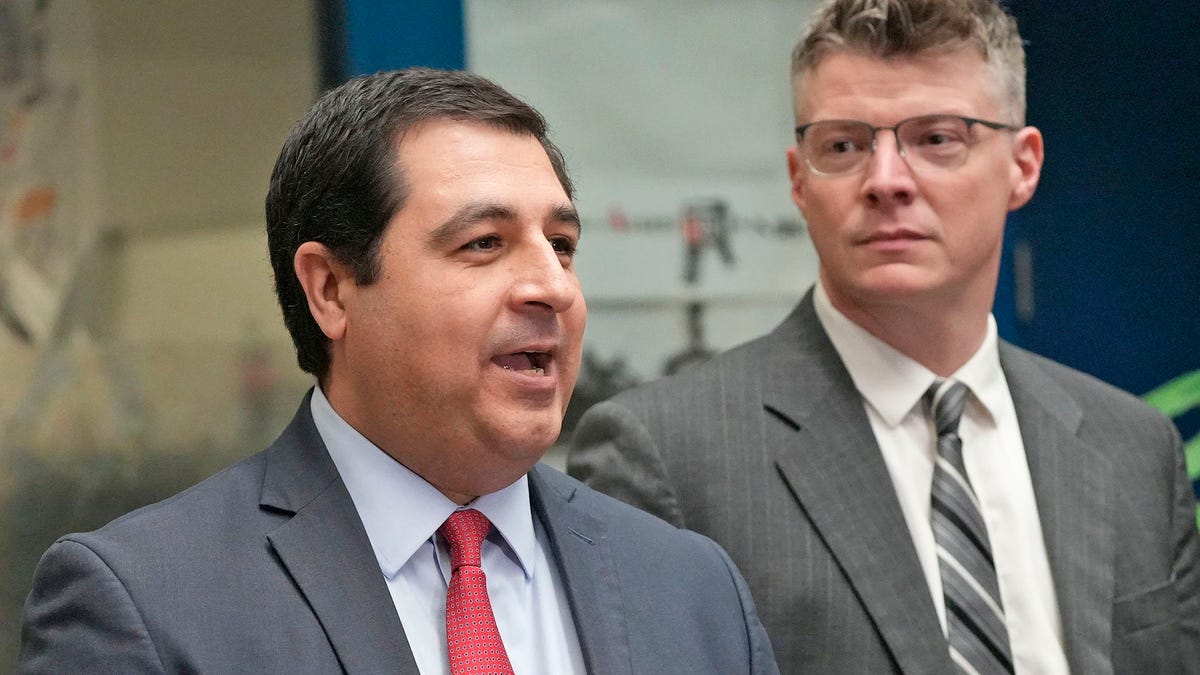Senators grill Education Secretary Linda McMahon over proposed cuts
Education Secretary Linda McMahon testified to Congress over proposed budget cuts.
Wisconsin Attorney General Josh Kaul has joined a multistate lawsuit against the U.S. Department of Education after it abruptly terminated $1 billion in five-year grants, including $10 million in Wisconsin, meant to support school-based mental health programs, his office announced on the evening of July 1.
The federal department took issue with programs that educated mental health professionals about systemic racism and trained therapists to focus on race-related stress and trauma, among other things, said Madi Biedermann, a spokesperson for the Education Department, according to USA Today.
The school-based mental health grants were established with bipartisan Congress after the 2018 Parkland, Florida, school shooting ― the deadliest high school shooting in U.S. history ― and expanded after the 2022 Uvalde, Texas, school shooting ― the deadliest school shooting in Texas’ history. Its purpose was to permanently hire 14,000 mental health professionals into schools that needed it the most.
The grant was poised to be the state’s largest-ever expansion of K-12 mental health programs to date.
Wisconsin had used $2.2 million of the $10 million it was awarded, which had gone toward expanding online certification pathways, developing “grow your own” university programs for future school-based mental health providers, and offering statewide training and professional development to improve retention rates of mental health professionals.
But on April 29, the state Department of Public Instruction received an email titled “Notice of Non-Continuation of Grant Award” informing the state agency that the Trump administration had determined “not to continue your federal award … in its entirety, effective at the end of your current grant budget period.”
The remaining $8 million, set to run through 2029, was not be awarded. As a result, DPI has frozen all grant activities and withdrawn funds meant for related projects.
In his statement, Kaul described the cuts as “awful policy” and “unlawful.”
Kaul cited recent data from the Wisconsin Youth Risk Behavior Survey that found 59% of Wisconsin high school students experienced at least one mental health challenge in the last year. He cited DPI’s reports on soaring student-to-provider ratios well above the national recommendations.
But most notably, he cited the impacts. The funding cuts have marred efforts to train 24 school psychology graduates at the University of Wisconsin-Madison, who were set to work in high-need schools after graduation. Although 19 students were on track to graduate, the university projects a loss of more than $2.8 million. That funding loss, the institution warned, means some students may not be able to finish their degrees or afford to work in the schools once they graduate.
In filing this lawsuit, Wisconsin joined attorneys general in California, Colorado, Connecticut, Delaware, Illinois, Maine, Maryland, Massachusetts, Michigan, New Mexico, New York, Nevada, Oregon, Rhode Island and Washington.







